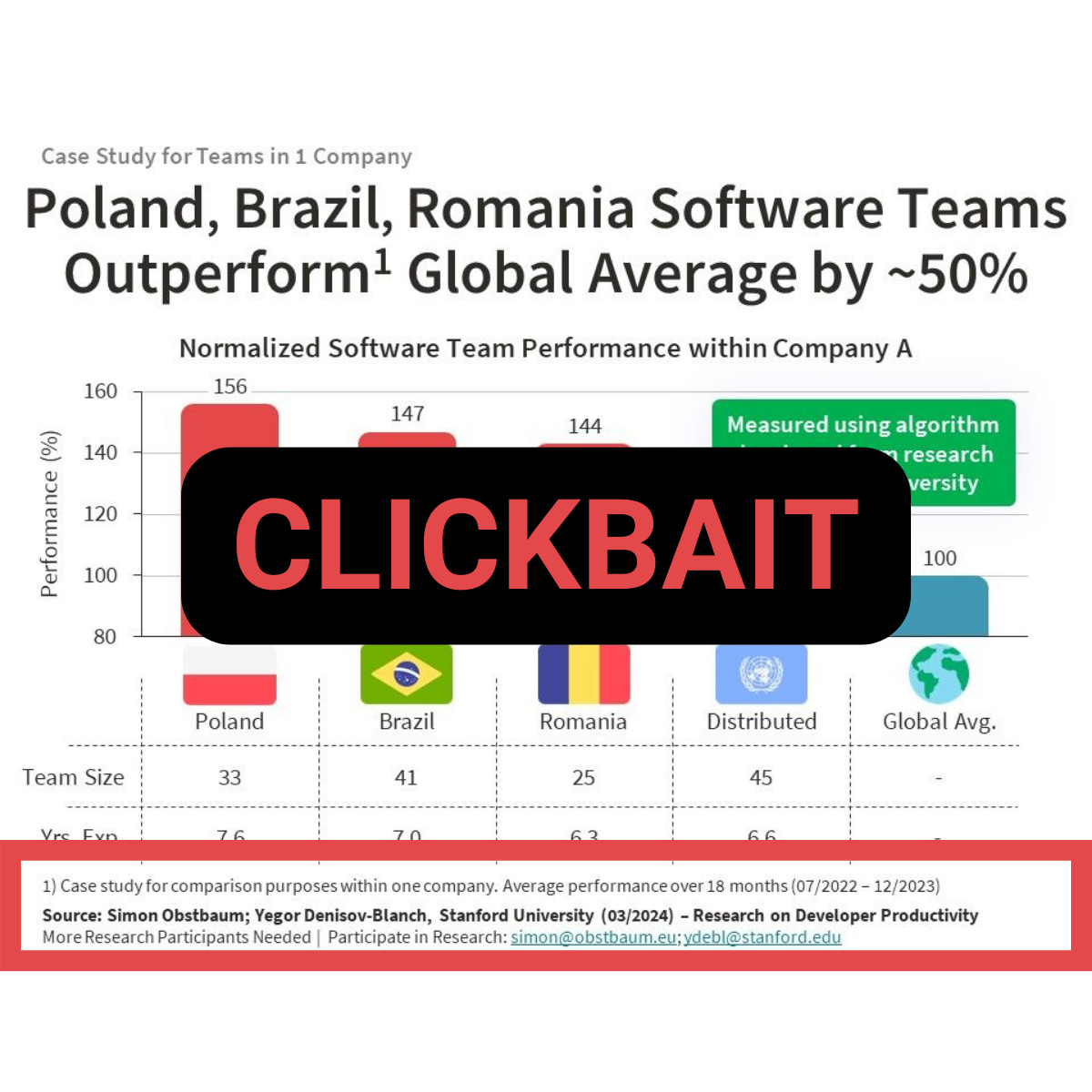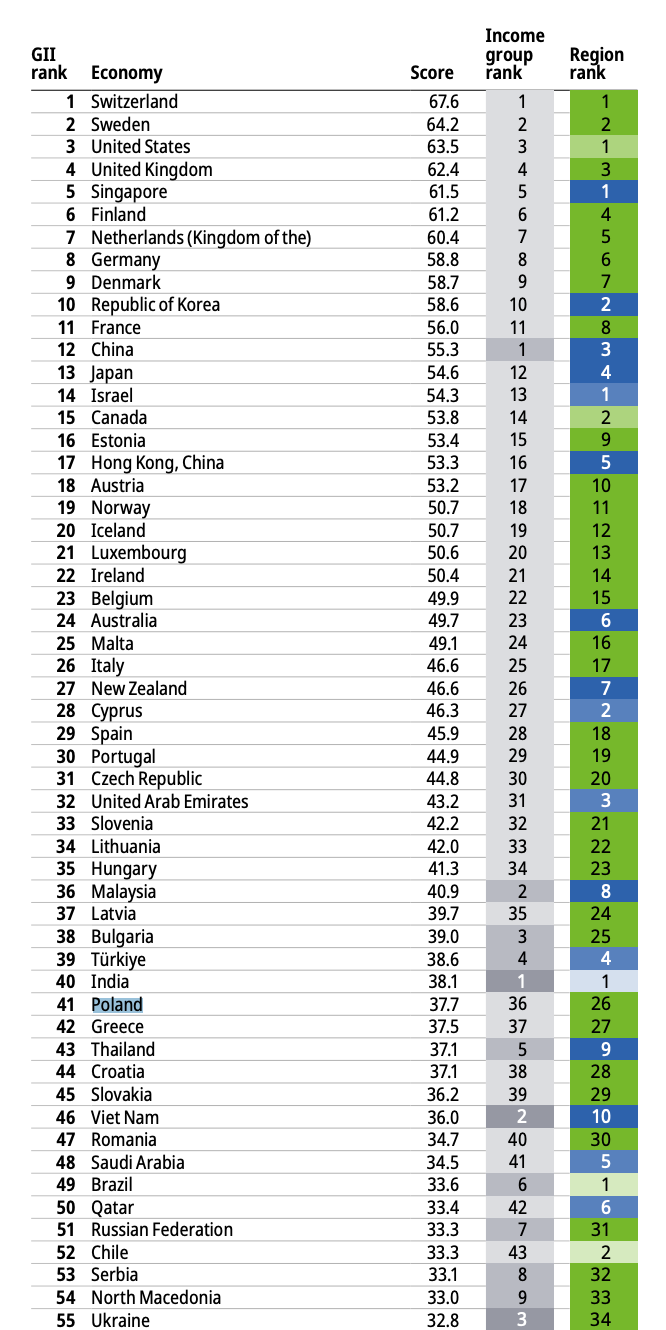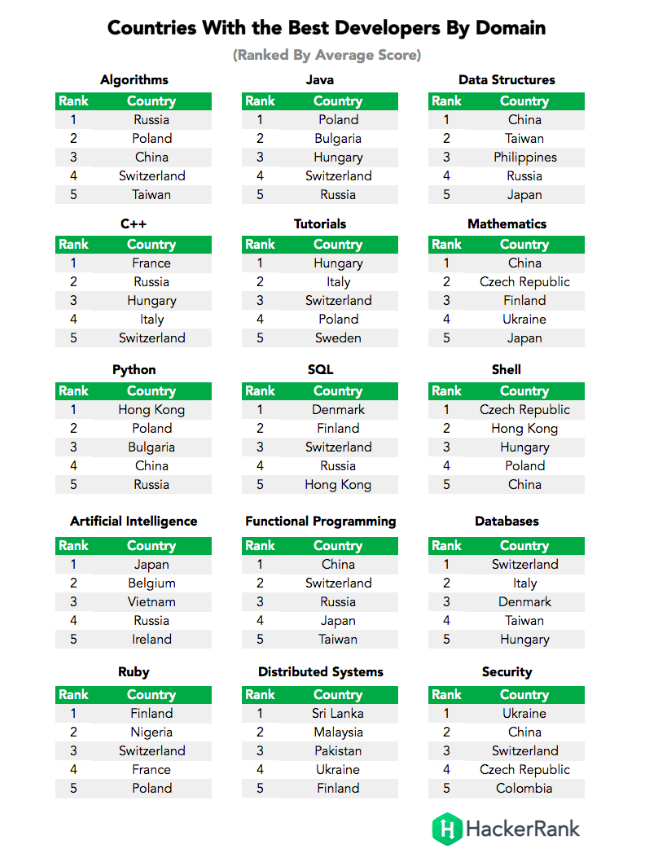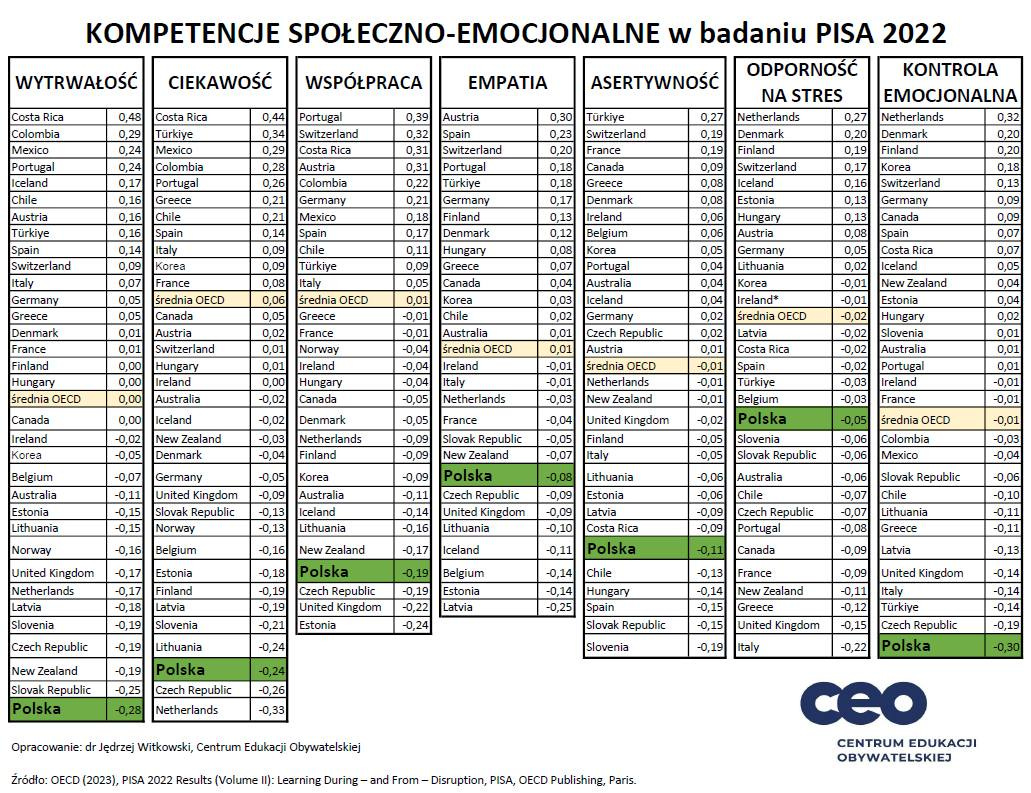Code Monkeys, Not Tech Savants - Why I'm Not So Bullish About Polish IT. Part 1.
My case against complacency with no sense of urgency.
Complacency - a feeling of self-satisfaction or contentment, often accompanied by a lack of awareness of potential dangers or deficiencies. It is generally viewed as a negative trait, especially in contexts where vigilance or continuous improvement is necessary.
Is the Polish IT sector truly filled with the tech wizards we believe them to be, or is this just a comforting myth we tell ourselves? Right now - I believe the latter. And this is the waking call I want you to hear.
We’re not in such a comfortable place as many want us to think. For which we will pay the price. We missed our opportunity during the bull market. We grew complacent, convinced of our uniqueness, and the reasons why people are doing business with us.
Alas, things are coming to an end and some folks are desperately trying to clutch to the crumbling myth. But we need to take note of cracks in our tech culture, work ethic, and a couple of other systemic aspects before it’s too late. We need to take note and act.
In this Part, I will discuss common misconceptions about our coding capabilities and what it means for the general market.
{This post is too long for an email - to read it in full, please see it on the web.}
Announcement! As a followup to the 1st episode of my Polish podcast and some initiatives on social media, I’m making a tough decision. Over time, I will be partially switching to the Polish content - with English still being present but with a lesser frequency. There will be separate newsletters under Doman Network you will be able to subscribe to. For now, it will be under one hood - hope you won’t mind. Any feedback and/or tips - can reply to this mail or leave a comment.
The Myth
For years, the most prominent opinion was “We’ve got the best tech talent - that’s why we became the top exporter of IT services!”1. And one could see it. Growing software agencies - both in headcount and revenue, followed by growing numbers of bootcamps, and the ever-present notion of “getting into IT means easy money”.
Hell, it meant money. Just employ some introverted developers and rent them to Western companies - call it outsource, body lease - doesn’t matter. Just skim the margins and go with the scale. Let coders do the code and don’t expect them of anything else. The client provides the brief, the backlog, and the business case. Just keep on shoveling more and more coding machines.
Don’t get me wrong - the code quality for the price paid was exceptional. Until it wasn’t.
We held top positions in coding competitions, developer leaderboards, and STEM capabilities. All off that pleasantly stroking our egos. All of that created a tunnel vision.
The vision became a general fact, repeated over and over again. Reshared on LinkedIn, mentioned in every possible sales pitch, or public event. So we all could take pride in being part of such a wonderful nation.
So we went on creating outsourcing hubs, grabbing easy money in the process.
Our ego inflated the same as our wallets.
That’s why I branded the hero image of this text as clickbait. To be clear - I’m not claiming the data provided by Simon and Yegor are fraudulent. My main gripe is the framing that plays to our sentiments. As no one really reads the fine print or the methodology section.
Single company
144 developers in total
Polish developers being, on average, the most senior ones
18 months period
Performance graded based on a custom algorithm
“The algorithm reads source code from repositories, analyzes it, and uses git metadata – to arrive at the historical & current output of developers, teams, and organizations. It doesn’t measure productivity based on activity, instead, it sizes the code and builds a score—when viewed in relation to output units over time provides a measure of productivity.
The algorithm examines various dimensions of the source code, such as APIs consumed, persistence layers, classes, class surfaces, dependencies, dependency injections, and architectural patterns. It also takes into account code complexity.”2
Still - I can see top LinkedIn voices in Poland re-sharing this chart without giving it any thought beyond boasting how superior we are.
And what do I think about it?
That some of us are really good employees for the foreign company. And potentially cheaper ones as well (but that already shifts from what I observe).
Sure. We can still be proud of our cheap quality labor. As long as we keep being cheap. But is renting the IT talent our one-trick pony?
What I miss from that data (which is not subject to their field of interest as they’re focusing on raw coding output) are skills like communication, business analysis, value creation, or entrepreneurship.
What I miss from that data is what could make us a competitive market and a business partner. Not just a workforce provider.
The Reality Check
At one point, something broke. Projects stopped coming on their own. At that time, it wasn’t enough for many to just have some coders on board. The market has become more and more competitive. With alternative markets opening - with better wages and similar quality. Or with more specialized knowledge.
Between Feb 2023 and Feb 2024, the number of job offers for technical folks in IT dropped by 40%3. The overall drop in all offers in tech seems to be around 14%. With 56% more applications being made and the single applicant sending on average 14 CVs weekly.4 Now, combine that with significant layoffs, budget cuts, and the workforce influx from the war-torn Ukraine or Belarus.
No surprise that LinkedIn is filled with people trying to find a job for months. But now, they got frustrated that after many years in the business, they could not seem to be able to find any employment. The same people who some time ago were playing smart and saying “If I’d like, I’d work for the US company and earn in USD. So you’d better give me a raise.”
Could that frustration come from the misalignment of how we perceive ourselves and how we are perceived? Or were we observing just one side of the coin?
Let’s take a look. What can we see? To every top score on the leaderboard A, there is a bottom score on the leaderboard B.
We do a wonderful code(?). Yet, we don’t produce much innovation.
“Michał, why should I employ a Polish developer to my startup? You do a wonderful code but that’s basically it. I want someone who codes good enough but can understand and deliver business value. Instead of the state-of-the-art checkout being built in 3 weeks, I want it done in 1 day with boilerplates so I can start selling my stuff.”
According to the Global Innovation Index5, we’re in the 41st position, and are considered “performing below expectation on innovation”. Lowest position since 2015.
What’s that? The Global Innovation Index (GII) is an annual ranking of countries based on their capacity for and success in innovation. Launched in 2007 by INSEAD and World Business magazine, the GII has become a prominent tool for assessing and comparing innovation performance across economies worldwide.
The index evaluates around 80 indicators, including factors such as:
Political environment
Education
Infrastructure
Knowledge creation
Soo, where are we? The very end of the entire Europe.
Sure, we’re also considered top coders - but are we? Honestly, those rankings became so vague and SEO-dominated by Software Agencies, that I couldn’t find any trustworthy and exhaustive source. Really. Neither Google nor Perplexity could satisfy my requirements.
Let me put my tinfoil hat on but doesn’t that feel a bit like an echo chamber that references other vague sources? Sure, we had some successes in international academic coding competitions6 but does that represent the entire talent’s pool skillset?
Regarding the data. As usual, we tend not to check sources or methodologies whatsoever. There’s that HackerRank table from 20167 which seems to be posted quite often. (hell, in some cases the exact data is being redesigned and published as 2024 insights)
At first, what’s the reception of such data, without context? Is that a national ranking of coding excellence? One could say it. But considering it’s ‘just’ an outcome of coding challenges by HackerRank that only factor in speed and accuracy of completion, I’d argue it may not represent the whole picture.
So, the title could as well be “Countries With the Fastest and Most Accurate Code Challenges Completionists”.
I’m not a Tech Lead or a CTO. But I’ve worked in tech for long enough to know speed and accuracy are not the only traits of a valuable developer.
And to have a robust tech scene, we cannot simply write the code. We need to innovate. We need to find new problems to solve, not only solve the problems given to us by others.
The talent becomes more expensive for what we’re offering
Gotta remember - for the past 10 years or so, Poland thrived on outsourcing and IT services. Not building products or consulting.
For years, we were beneficiaries of spreads and high margins. Buying cars, houses, living in a world where you don’t need to get better - because we’re still at the top of the leaderboard. Why should anyone specialize in a particular niche, build product competencies, or learn business analysis when one would get the requirements served on a silver platter?
Our IT talent is wonderful at providing IT services. Not IT consulting.
We’re wonderful at solving problems others give us. Not finding problems to solve.
We’re proficient at creating quality code. Not the one that provides a business value fast.
TechBehemoths checked the declared hourly rates of 444 Polish IT companies8 from their database. With ranges of $30-$70 and $70 - $150 having a share split approx. 55/43 across the country. With the lower end aimed at the domestic market and the higher one towards the West - which aligns with my experience and market observations.
Those are average US rates. Sure, not the Coast ones but still.
Our children do well in STEM. Yet, we’re lacking social competencies.
What can PISA9 tell about us? The International Student Assessment measures 15-year-olds’ ability to use their reading, mathematics, and science knowledge and skills to meet real-life challenges. Along with an exhaustive research on the state of education.
Mathematics, Science, and Reading - Poland is in the group of countries well above the OECD average. Cool, right?
Alas, we’re also in the group of countries with the greatest drop in the short-term change in performance of all three fields in the years 2018 to 2022.
There’s also another side of this coin. Take a look at the summary of the socio-emotional competencies from the same report (persistence, curiosity, cooperation, empathy, assertiveness, stress resistance, emotional control). It tells us how our children did through the COVID times.
There’s a summary of this section, made by Jędrzej Witkowski, the CEO of The Center for Citizenship Education.10 (sorry for the Polish version - couldn’t find the neat summary of this section in English)
What does it tell us? On a socio-emotional level, we don’t seem to be doing well from an early age. Which aligns with my observations, discussions, and experience. Obviously, it may be just a confirmation bias - glad to learn otherwise.
But for now, some data. Yellow - OECD average. Poland - way below.
So what do we have? High technical acumen, low team play, and social skills. With the low innovation level included, it sounds like a Code Monkey to me.
There’s more
But this post seems to grow which may blur the focus or dilute the discussion. Thus, let’s cut it here. The more I thought about this matter, the more red flags popped up. Risk awareness, tech adoption, coding boot camps, failing government initiatives, no huge exits, or strawman LinkedIn role models. This all needs covering somehow.
I will continue writing about this NOT because I’m against Poland. It’s all because I DO care about Poland and our market. But we need to wake up and get to work. Otherwise, our opportunity may be seized by the others.
Let’s build a wonderful ecosystem. Together. Consciously.
That’s also why I’m going on an adventure. To gather as much knowledge as possible for us to use.
https://www.parp.gov.pl/component/publications/publication/the-it-ict-sector-in-poland-report-2023
https://askoneguide.com/guide/measuring-and-improving-developer-productivity/
https://grantthornton.pl/wp-content/uploads/2024/03/Oferty-pracy-w-Polsce-luty-2024.pdf
https://nofluffjobs.com/insights/bezrobocie-w-it/
https://www.wipo.int/global_innovation_index/en/
https://en.wikipedia.org/wiki/International_Collegiate_Programming_Contest
https://www.hackerrank.com/blog/which-country-would-win-in-the-programming-olympics/
https://techbehemoths.com/blog/software-development-cost-poland
https://www.oecd.org/pisa/
https://ceo.org.pl/english










